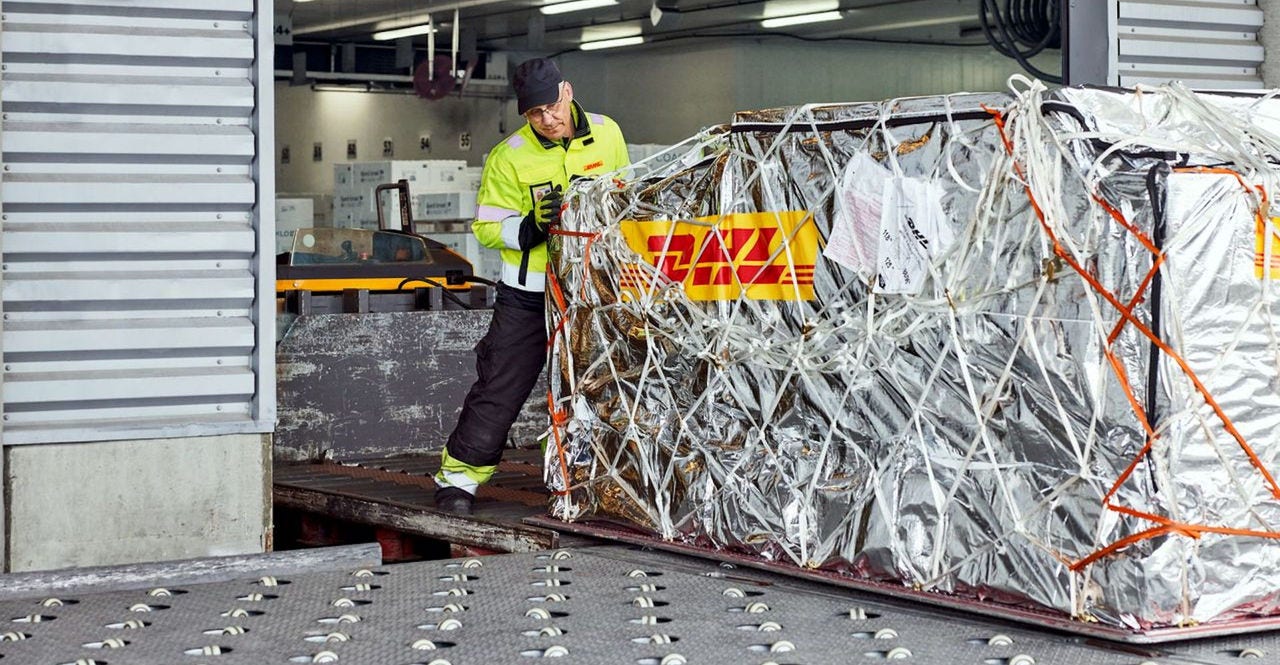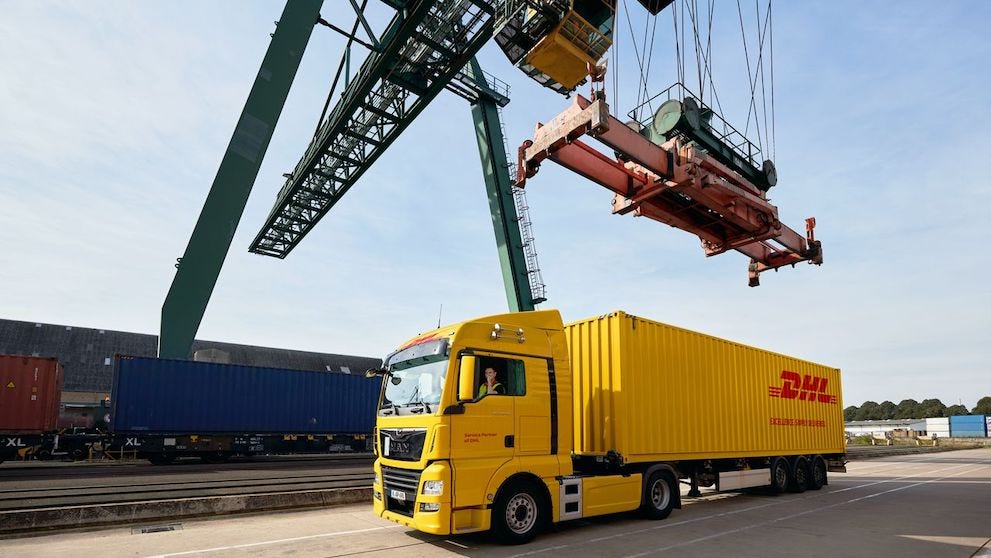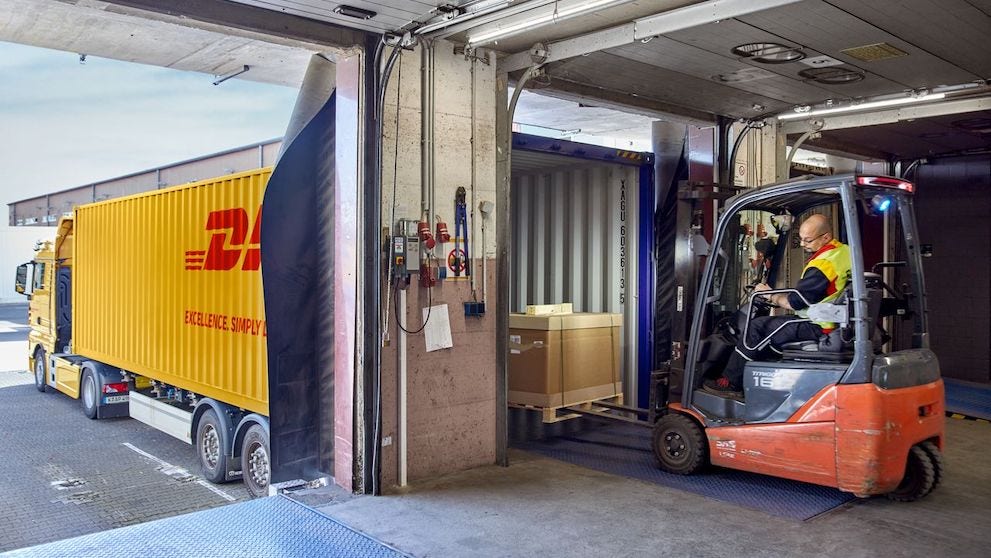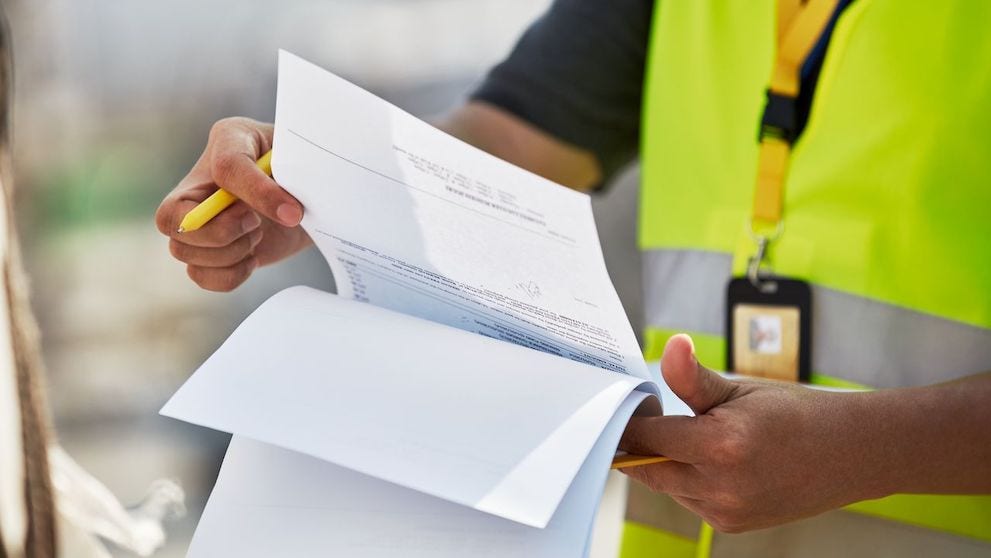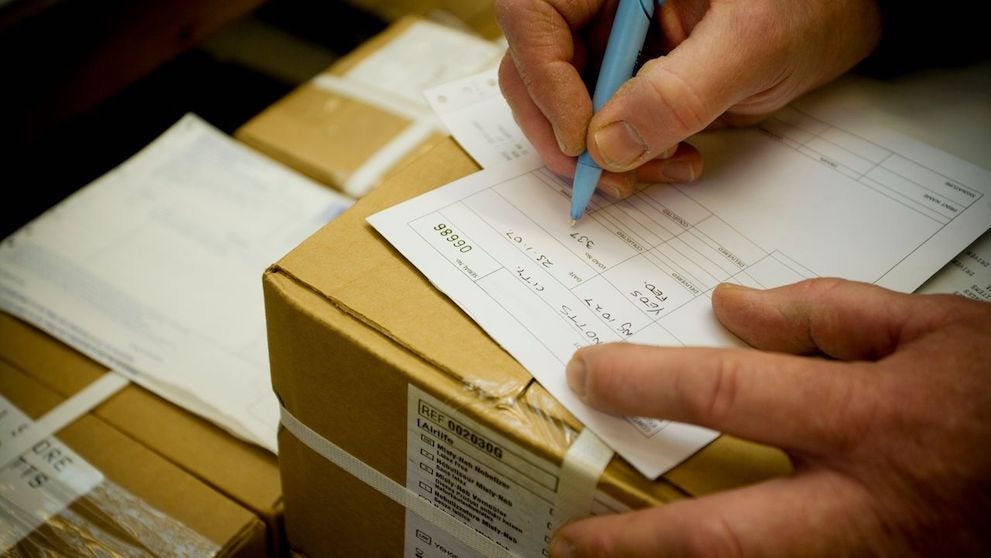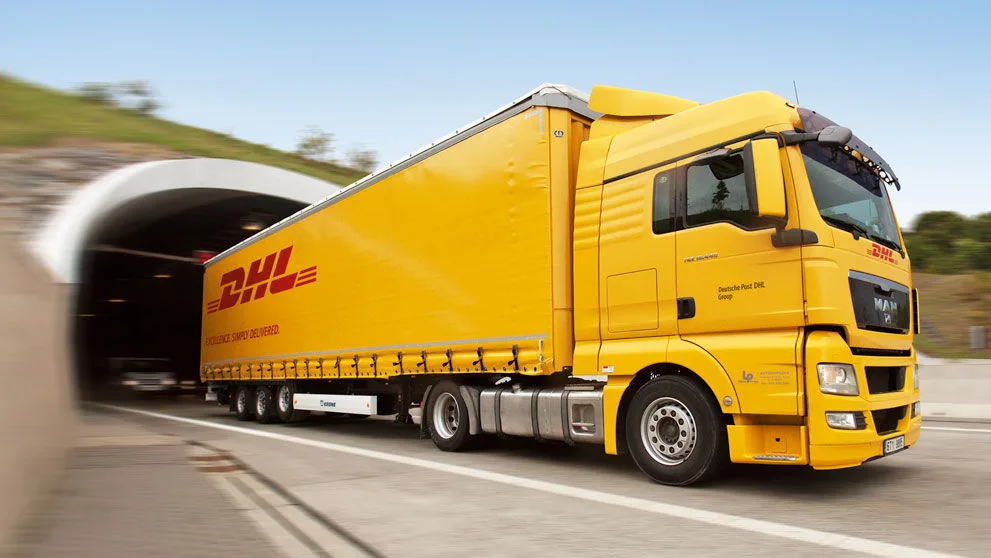
If you’re a business owner thinking of importing goods, you should know that there are specific customs laws in place. Depending on the country you’re importing into and the type of good being imported, your company may be required to have an import permit before any product can cross international borders.
An import permit is an authorisation granted by a government or its agent allowing the legal importation of goods into the country. The requirements for obtaining an import permit vary between countries, since they are set on a national level, but typically involve paperwork and fees, and needing compliance with specific regulations.
Generally speaking, there are certain types of goods that will almost always require a permit, such as firearms or ammunition, explosives, drugs, food products, plants and animals, hazardous materials, or anything with military or strategic applications. Depending on your goods, you may need additional permits or licences beyond the import permit as well.
If you are looking to expand into the New Zealand market, it is thus crucial to understand the ins and outs of New Zealand's customs laws and regulations. This guide will provide you with an overview of the various requirements that must be followed when importing goods into New Zealand.
How to import goods and products into New Zealand
1. Check if you are allowed to import the product
2. Declare your imports
Once you have determined that your product is able to be imported, you will need to submit an electronic lodgement beforehand to ensure a smooth clearance process. This can be completed through:
A Customs broker
A freight forwarder
The New Zealand Trade Single Window (TSW) for some lodgements
Electronic Data Interchange (EDI) software
Make sure that the proper documentation is completed and submitted within 20 days of the item’s arrival. That being said, you can consider its mode of delivery to gauge when you should lodge your details. If it's by air, for example, you can do it a day before its arrival. On the other hand, if your goods are being delivered by sea, it is recommended to lodge the details of your imports at least five days in advance.
Furthermore, the type of entry you need to lodge with Customs depends entirely on the value of the goods. If your goods are valued at less than NZ$1,000 or categorised as exempt-entry, you will need to complete the electronic cargo information (ECI) form. Value greater than this threshold requires additional administrative processing. In this case, a full import entry must be lodged along with obtaining both a client and supplier code from Customs in New Zealand.
3. Pay applicable charges and taxes for imported goods
Besides staying compliant with the requirements regarding imports into New Zealand, you must also consider any associated costs or taxes when bringing products into the country. These fees should always be taken into account when deciding whether or not to import goods, as they could significantly increase your costs. Whenever importing goods into New Zealand, you are required to pay Customs duties at the rate determined by the classification of these goods in the country's tariff. This tariff is based on the Harmonized Commodity Description and Coding System (HS). Moreover, the Goods and Services Tax (GST) is applicable for most imported items which is usually charged at 15%.
That being said, as New Zealand has trade agreements with several countries, your business may enjoy reduced duties applied to imports where eligible.
